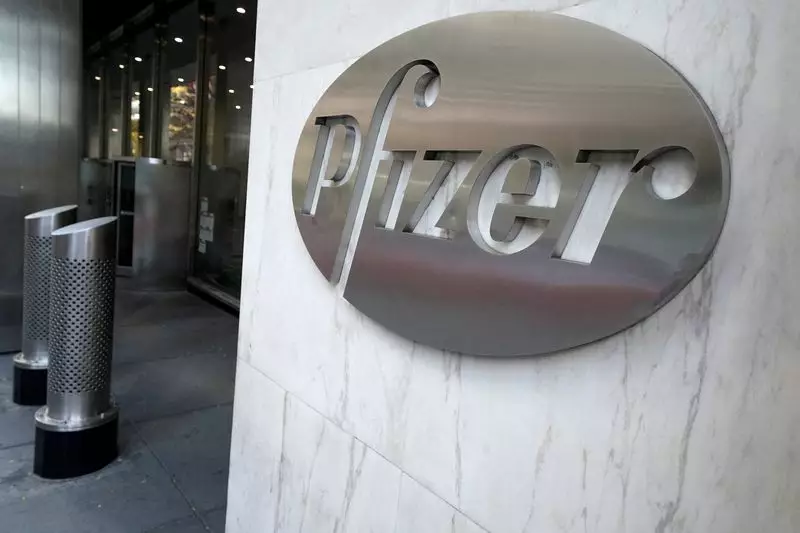In a significant move for the company, Pfizer has appointed Chris Boshoff, a long-time veteran in oncology, as its new chief of research and development. This appointment comes in the wake of increasing scrutiny from activists like Starboard Value, which has condemned Pfizer for its hefty spending on acquisitions while expressing disappointment over the outcomes of its internal R&D efforts. Investors are now looking closely at how this leadership change can rejuvenate the company’s portfolio, which has heavily relied on its COVID-19 vaccine and the antiviral treatment Paxlovid amidst declining sales.
Boshoff will assume the role of chief scientific officer starting January 1, overseeing all aspects of research and development across various therapeutic disciplines. This appointment follows a protracted four-month search process, which had included both internal appraisals and external candidates. Daniel Barasa, an analyst at Gabelli Funds, highlighted the unconventional choice of promoting from within, pointing out the prevailing activist pressure that anticipated a more radical reevaluation of Pfizer’s leadership.
Focusing on Oncology
With Boshoff’s extensive background in oncology, his ascension to this influential role suggests that Pfizer is intensifying its focus on oncology-related drug development. This shift represents a calculated response to a broader pattern of inefficacy in other areas of research, where recent initiatives have not met expectations. Analysts view this pivot as a promising strategy, especially as Pfizer grapples with its market position characterized by a disappointing track record of drug launches.
The challenge is substantial, as Pfizer’s recent endeavors have raised concerns. Notable setbacks include an underwhelming debut for its RSV vaccine, adverse outcomes in trials for an obesity drug, and the halting of its sickle cell treatment, Oxbryta, following safety issues. These results have significantly affected investor confidence, leading to nearly a 13% decline in Pfizer’s stock this year, which now trades at less than half of its pandemic peak.
Leadership Transition and Future Pipeline
Boshoff steps into his new role following the departure of Mikael Dolsten, a pivotal figure in Pfizer’s rapid development of its COVID-19 vaccine. Dolsten, who has been with the company for over 15 years, had announced his resignation earlier this year, leaving a formidable legacy but also a clear message about the need for innovation within the organization.
In his previous roles at Pfizer, including chief oncology officer and head of development in Japan, Boshoff has been instrumental in the approval of 24 innovative medicines, showcasing his capability to navigate the complex landscape of drug development. His portfolio includes an impressive array of projects currently in the pipeline, which features advanced cancer therapies, potential obesity treatments, a next-generation COVID treatment, and updated vaccinations targeting pneumonia.
As Boshoff faces these challenges, Roger Dansey’s interim leadership in the oncology division signals a period of transition. Dansey, previously the chief medical officer of Seagen, will guide the department while searching for a permanent replacement, contributing his own expertise following Pfizer’s $43 billion acquisition of Seagen.
As Pfizer transitions into this new chapter of leadership, the pharmaceutical giant’s agility in responding to market expectations and advancing its therapeutic pipeline will be pivotal in determining its long-term success. Investors and analysts alike are keenly awaiting Boshoff’s strategies to rejuvenate R&D and deliver sustainable growth. The company’s focus on oncology not only aligns with industry trends but also represents a concerted effort to reclaim its reputation as a leader in innovation within the global healthcare landscape. The effectiveness of this leadership shift may define the future trajectory of Pfizer as it strives to rebuild investor trust and deliver on its promise of groundbreaking treatments.

